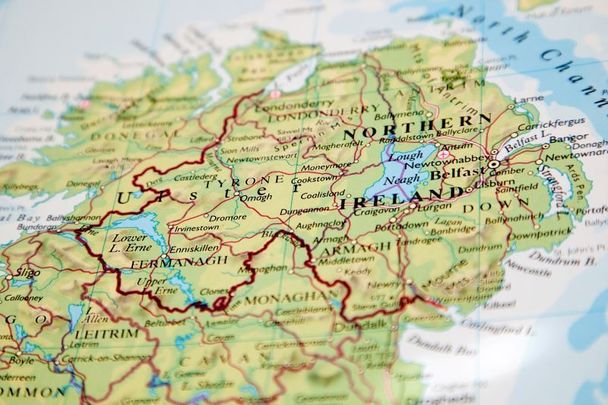A vital vote takes place on Thursday, May 18 when Northern Ireland goes to the polls to elect candidates to 462 council seats in the local government areas.
In truth, the contest has a more pivotal role than just selecting who to run the North’s towns, cities, and villages. It’s likely to decide what happens in a more powerful assembly, the Stormont administration and executive that has been boycotted by the Democratic Unionist Party (DUP) since February 2022.
In the last council elections, held in 2019, the DUP won 122 seats and Sinn Féin 105, with the rest divided between Alliance, the SDLP, unionists, and smaller parties.
Although the current campaign is low-key, Sinn Féin, with Michelle O’Neill as Stormont first minister-designate, is poised for a breakthrough and hopes it will also become the lead party on the councils. It has 27 seats on non-sitting Stormont, two ahead of the DUP.
The council results could have a bearing on whether and when the power-sharing Stormont administration returns.
Old voting habits die hard in Northern Ireland where affiliations are largely distilled down to a battle between orange and green, with the center ground Alliance hoping its party color yellow will continue to expand.
The DUP’s boycotting of Stormont is part of its protest against the post-Brexit trading agreement the Northern Ireland Protocol, and now its successor, the Windsor Framework, agreed after lengthy negotiations with the EU and which British Prime Minister Rishi Sunak has pledged won’t be changed under any pressure.
Whether the DUP returns to the Stormont power-sharing administration after the local elections remains uncertain, but there is huge pressure from the public on politicians to get back to business.
The pressure was most notably observed on Sunday, May 14 at the British Academy of Film and Television Awards (BAFTA) when Irish actress Siobhán McSweeney won the best female performance in a comedy program.
Cork-born McSweeney, who plays Sister Michael in the multi-award-winning "Derry Girls," chose a line from her character when she noted she was impressed by how Derry people encompassed the spirit of compromise and resilience despite "indignities, ignorance, and stupidity of your so-called leaders in Dublin, Stormont, and Westminster."
She said, “In the words of my beloved Sister Michael, ‘It’s time they started to wise up.’”
DUP leader Sir Jeffrey Donaldson has said his party is pledged to continue its stand on the Windsor Framework after the local elections “until we have properly secured and protected our place within the United Kingdom.”
Sinn Féin, while seeking to become the largest party in local government in Northern Ireland for the first time, also has its focus on Stormont and putting pressure on the DUP to end its boycott.
In her party's manifesto introduction, O'Neill states that the party has been ready to form an executive since last May’s Assembly election.
She urged people to vote for her party to “send a clear signal” to those blocking the restoration of power-sharing.
*This column first appeared in the May 17 edition of the weekly Irish Voice newspaper, sister publication to IrishCentral.




Comments